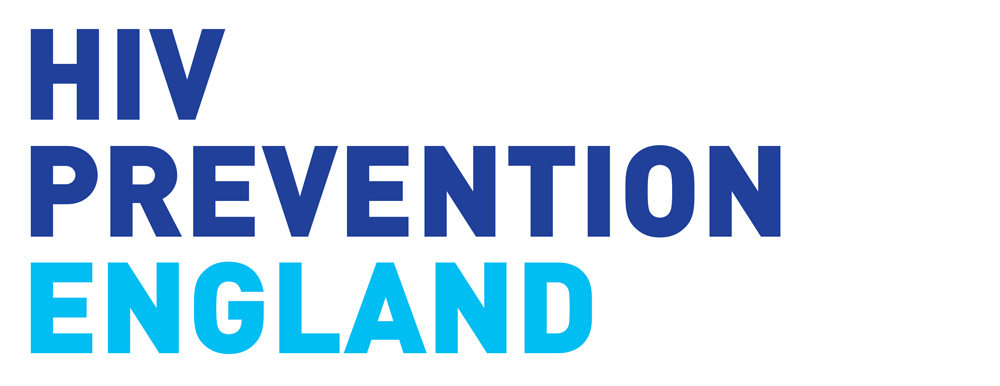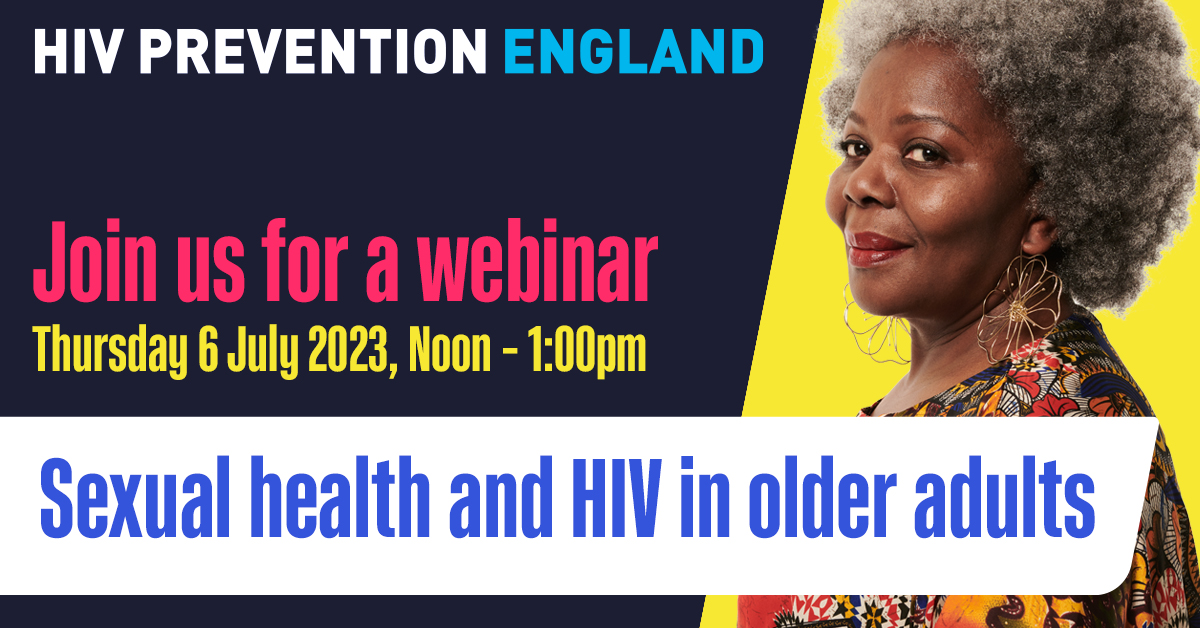On 6 June, the UK Health Security Agency (UKHSA) released the latest data on sexually transmitted infections (STIs) for England.
The new data show there were 392,453 STIs diagnosed in England in 2022, which represents a rise of 24% from 2021. Gonorrhoea diagnoses were the highest annual number on record and syphilis diagnoses were the highest since 1948. Key information includes:
- Gonorrhoea diagnoses increased by 50% from 54,961 in 2021 to 82,592 in 2022
- Chlamydia diagnoses increased by 24% from 160,279 in 2021 to 199,233 in 2022
- Syphilis diagnoses increased by 15% from 7,543 in 2021 to 8,692 in 2022
- There was a 21% increase in chlamydia in young people despite no increase in testing among this group
- There were 2,195,909 sexual health screens performed by sexual health services, a 13% increase from 2021.
Whilst the rise in testing may contribute to the increases in STI diagnoses, the scale of increase in gonorrhoea and syphilis cases indicates there is likely more transmission of STIs within the population.
The greatest burden of STI diagnoses continues to be on young people (aged 15 t0 24 years), gay, bisexual, and other men who have sex with men (GBMSM), and some people of Black ethnicity. In 2022, people of Black Caribbean ethnicity had the highest diagnosis rates of chlamydia, gonorrhoea, infectious syphilis, trichomoniasis, and genital herpes. This ethnic disparity is most likely caused by underlying socio-economic factors as opposed to any clinical or behavioural factors.
The main STI prevention messages include:
- Consistent condom use
- Regular screening for STIs and HIV as part of maintaining good sexual health. A person who is sexually active should be advised to test at least once a year, and those having sex with new partner(s) should be advised to test every 3 months
- Using HIV pre-exposure prophylaxis (PrEP) for those at an increased likelihood of acquiring HIV. PrEP is available on the NHS from sexual health services
- Ensure everyone who is eligible is up to date with vaccinations, including for HPV, Hepatitis A & B, and Mpox.
Responses to the STI data release
UKHSA conclude that there is evidence of a rebound in service provision at sexual health services, following the disruption during the Covid-19 pandemic. The scale up of online sexual health provision has continued in 2022, which has contributed to an increase in overall consultations at sexual health services. However, UKHSA highlight the importance of monitoring equity of access to reduce health inequalities.
Dr Hamish Mohammed, Consultant Epidemiologist in the STI Section at UKHSA, responded to the data:
“We saw more gonorrhoea diagnoses in 2022 than ever before, with large rises in gay and bisexual men. STIs aren’t just an inconvenience – they can have a major impact on your health and that of any sexual partners. Condoms are the best defence, but if you didn’t use one the last time you had sex with a new or casual partner, get tested to detect any potential infections early and prevent passing them on to others. Testing is important because you may not have any symptoms of an STI.
“PrEP only provides protection from HIV, so you still need a condom to avoid getting or passing on an STI such as syphilis or gonorrhoea.”
However, whilst increasing the uptake in STI testing is crucial for reducing the number of diagnoses, calls from civil society also warn that sexual health services must be adequately funded to effectively respond to increasing demand. In their statement on the STI data release, the British Association for Sexual Health and HIV (BASHH) reaffirm that these latest stats are against a backdrop of substantial pressures on sexual health services.
You can order information resources, including leaflets on gonorrhoea, chlamydia, and syphilis from the HPE resources portal, and find out more information about STIs at startswithme.org.uk.
Read the full report on ‘Sexually transmitted infections and screening for chlamydia in England: 2022 report’
Read the full statement from BASHH.


